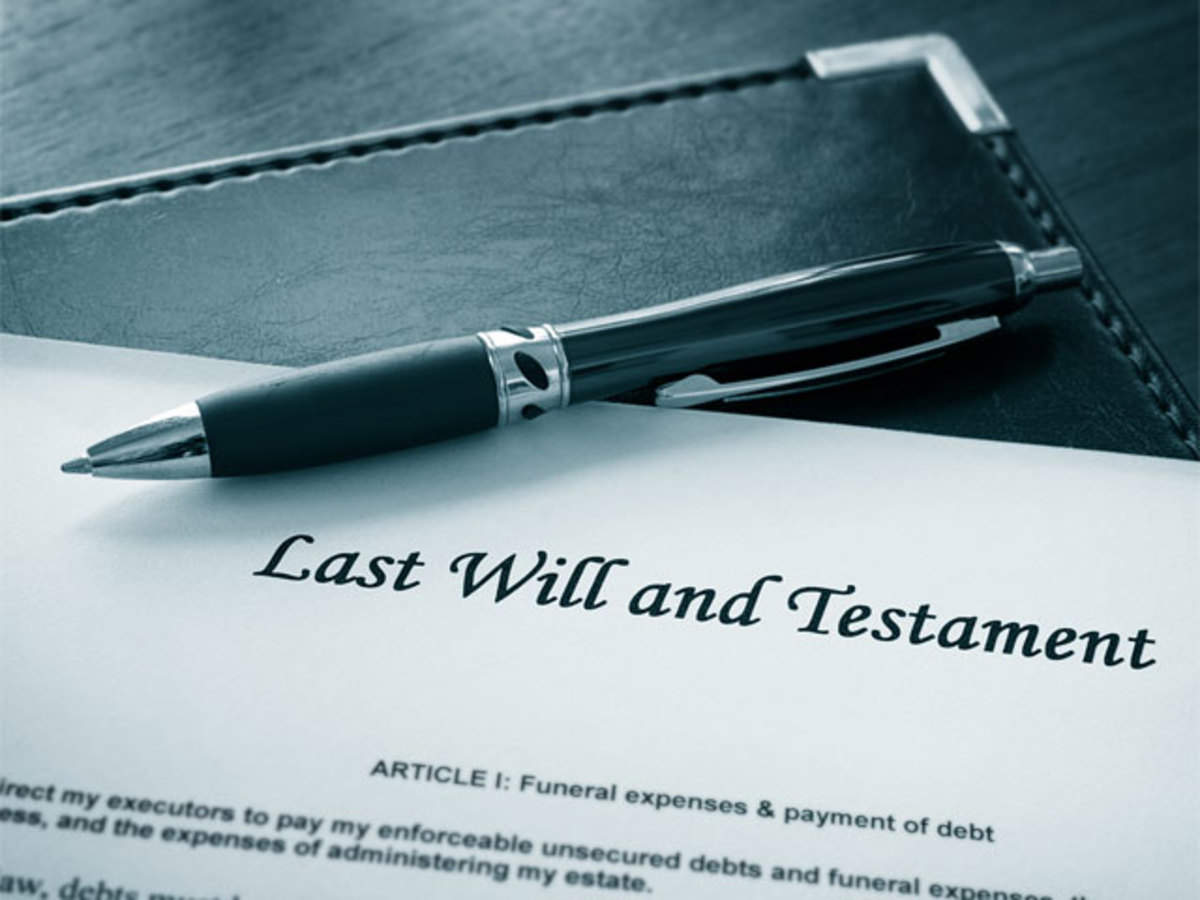Is it legal to create an online will, and is it tenable according to the law? This question has been hovering over the use of wills and testaments, and it is high time we addressed it. You can do everything online, including shopping, counselling, consulting, schooling, and ordering your favourite pizza. Even if you want to file for your taxes or renew your insurance, everything is now available online. There is no more reason to leave the comfort of your home before completing the process.
When it comes to creating a legal document like a will online, people assume it is taking it too far. Consequently, they conclude that even if possible, it cannot be a legal document to use in a court of law. This skepticism directly impacts how many people have a will or testament by the time they die. In reality, some who value the need for a will may never have the time to sit with a lawyer.
Can you make an online will?
Let us attempt to answer the question as simply as we can: yes, you can. You can draft your own last will or testament online using software or an online service company such as Chamberlain. It would surprise you that wills are relatively straightforward to create, as simple as one page. Only that the testament must meet the requirement of the state laws. Otherwise, the probate court will not accept that document as valid and acceptable.

In some cases, even if the will is scribbled on tissue paper, it is tenable in the probate court. But it must follow the rule involving legal personnel and two witnesses. So, you can even make a holographic or handwritten note, and it will fly. If it is entirely your handwriting and contains your signature and date in the presence of two witnesses, it’s fine. A lawyer also may need to append his signature to the will or testament to be affected.
But note that handwritten wills or testaments are harder to prove in the probate court. Moreover, family members hardly believe you wrote on a napkin except in rare cases. We are simply saying that if the case happens, it is not impossible. To prevent such emergencies and unusual outcomes, you should create a draft of your own will or testament online.
What validates an online will?
An online will is valid if it contains the following essential elements
- A legal component
- Testamentary component
- The proper execution and legal witnessing
Let us now look at these elements one after the other.
Is there a legal capacity to create an online will?
The legal capacity or component of the legal online will refers to the age of legal maturity that can create a will. You must be an adult at least 18 years of age. However, in some rare cases, a younger person may be viable to make a will. The condition is that there must be a proper guidance of whom they choose by their side. In other states, the condition for a person under 18 to have a will is different. It must be that he is married or enrolled in the army. Whatever your state law is, we abide by it.

Having the testamentary capacity to create an online will
The testamentary number capacity requirement is that you have the right frame of mind, called a “sound mind”. Other people call it a “sound and disposing mind”. What does it mean to be of a sound mind when creating your will? It means you have the mental capacity to make the right decision no matter how it is tested. You can keep things to memory and not be unconscious of what you are doing. A simple test of a sound mind when creating a will includes;
- Are you aware you are creating a will and what it stands for?
- Do you have full knowledge of all your properties and assets?
- Do you know who is your natural beneficiary or next of kin in case of any emergency or demise?
When a testator makes a will with total mental capacity remains valid even if he loses that mental capacity later. For instance, a person may make a will with total testamentary capacity but later develop Alzheimer’s or Dementia. The last will or testament made with full menta correctness remains valid and not another.
Is your online will corrected, executed and properly witnessed?
The last element of a valid online will is the correctness of the witnesses and the executor of the will. Every state also has some governing laws regarding the kind of witnesses a will can have. Also, it has some specifics about the capacity of the executor. The general rule of thumb is that there must be at least two witnesses not younger than 18. Suppose you choose to use a self-proven affidavit. In that case, the state may permit you to have notary certifications where you and the witnesses sign the documents.
Can anyone contest my online will?
Like any other legal document, an online will can be legally contested in court to disprove its validity. But if you ensure you do all that is required, anyone will not likely succeed. Indeed, a will cannot be contested because it was created online. One reason is that every online will is subject to the same scrutiny as a will drafted by an attorney.
Even if the person challenging the will has standing, they are defending an interest. You may want to trace if the person has s stake in the outcome of the will. Perhaps, another spouse is somewhere claiming another child or heir to the deceased properties. In other cases, it may be a creditor trying to challenge a will to fight for repayment of a debt. In this case, some of the common challenges include duress, undue influence or fraud (forgery).


